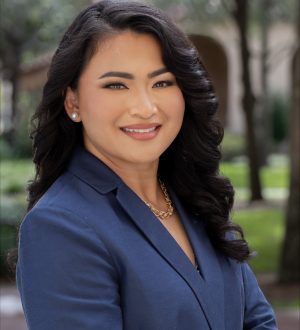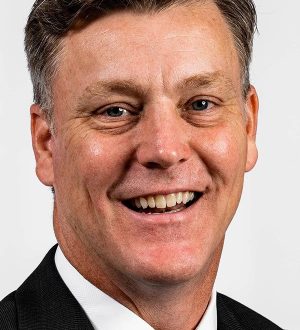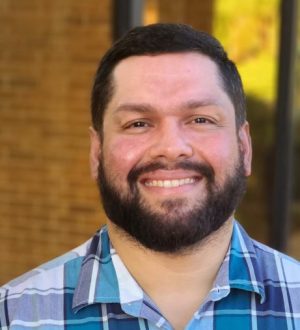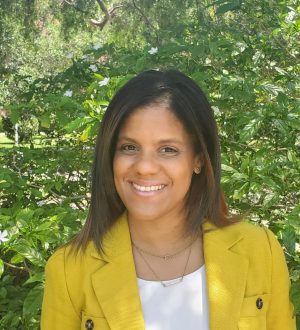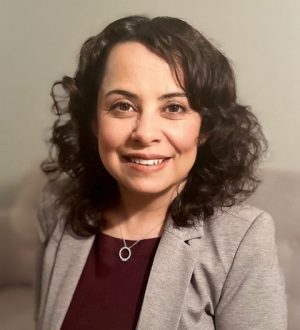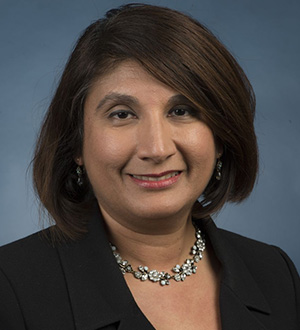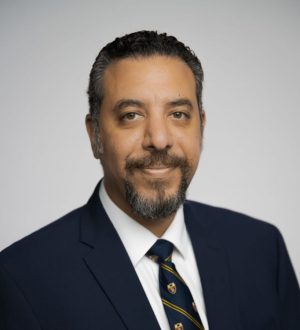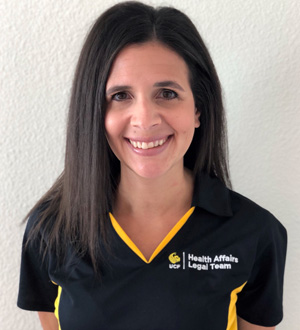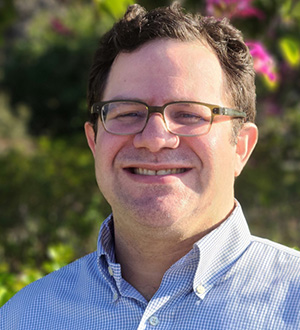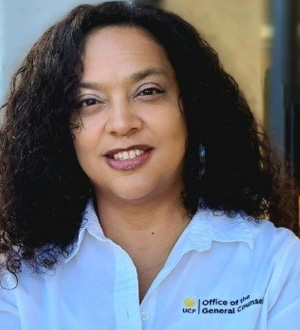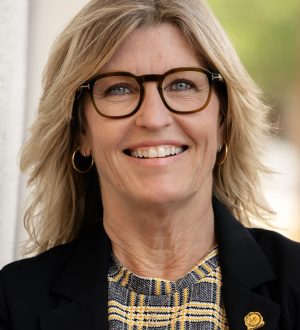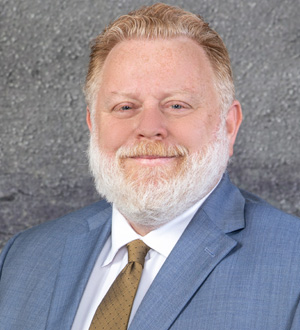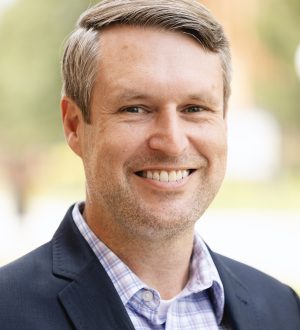
Client
The Office of the General Counsel serves as legal counsel to the University of Central Florida Board of Trustees, acting for and on behalf of the University as an institution. Legal services are provided to the Board of Trustees and to the President, Provost, vice presidents, deans, unit heads, and other representatives of the University acting in their capacity as employees. The Office of the General Counsel also serves as legal counsel to the University’s Direct Support Organizations.

Mission
The mission of the Office is to facilitate and advance the education, research, and service missions of the University, by providing: collaborative legal counsel for informed decision-making and creative problem-solving; legal advice and training; reviewing University contracts and other commercial activities; representing and advocating for the University; timely awareness of legislative, regulatory, and legal developments affecting the university. The strategic goals of the Office are: to be a valued and trusted partner, recognized for our creatively, expertise, and commitment to achieving client objectives; to promote legal compliance and minimize legal risk in a way that does not necessarily delay the achievement of the University’s objectives; and to maintain the highest standards of professional ethics and integrity.

Youndy Cook
Youndy C. Cook, serves as Vice President and General Counsel. As the General Counsel, she leads the Office of the General Counsel in providing legal services to the entire University and its DSOs.
Our Team
For information on specific attorney practice visit our Attorney Areas by Specialty page by clicking the link.
Titles
Areas of responsibility
Location
Legal Representation
The chief responsibility of the General Counsel’s office is to represent the University of Central Florida. We represent the University in all forms of litigation or legal disputes, including, but not limited to: lawsuits, administrative hearings, bid protests, arbitration, and mediation.
In addition, we provide representation for individual employees who have had legal actions brought against them for actions they performed within the course and scope of their employment. An employee who has received a subpoena or notification of a lawsuit brought against them should contact the Office of the General Counsel immediately. The General Counsel’s office will sometimes coordinate with the State Attorney General’s Office or private attorneys when a matter is too complex to be handled by this office alone.
Legal Advice
The information contained on this website is provided as a service to the UCF community and does not constitute legal advice. While every effort has been made to provide quality information, the authors make no claims, promises, or warranties about the accuracy, completeness, or adequacy of the information contained in or linked to this website and its associated sites. Legal advice must be tailored to the specific facts and circumstances of each case, laws are constantly changing, and nothing provided herein should be used as a substitute for the advice of your own legal counsel. Information on this site may not be relevant or accurate for all jurisdictions.
The Office of the General Counsel provides legal advice to members of the UCF community solely within the context of the course and scope of employment or agency with UCF. Any employees should contact us with any questions or provide particular facts and circumstances upon which the Office of the General Counsel attorneys may base their legal advice. This office cannot provide legal advice to individuals, personally.
Clerk of the University
Located in the General Counsel’s Office in Millican Hall 360, the Clerk of the University handles all petitions and/or requests to the University of Central Florida. The current Clerk of the University is Rebecca Pluguez.

